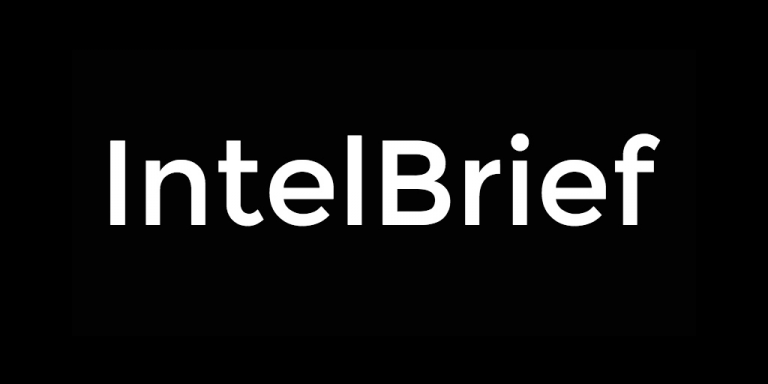INTELBRIEF
July 26, 2017
TSC IntelBrief: Congress Takes Aim at Russian Aggression

• On July 25, the U.S. House of Representatives passed a bill with additional sanctions aimed at punishing Russia for its 2016 election interference and annexation of Crimea.
• The possibility that new sanctions against Russia would come across the president’s desk has posed a looming dilemma for the White House since President Trump took office.
• Vetoing the bill would raise further concerns over why the administration, which openly criticizes allies and partners, consistently fails to punish Russian aggression.
• The unusual level of bipartisan support for a bill that restricts the president’s ability to lift sanctions demonstrates the level of concern, even in the current era of hyper-partisanship, over the White House’s posture toward Russia.
Since its 2014 illegal annexation of Crimea and its de facto invasion of eastern Ukraine, Russia has faced a host of sanctions from both the European Union and the U.S. In response to Russia’s covert, but effectively public, efforts to influence the 2016 U.S. election—from hacking political party emails and releasing kompromat, to the endless proliferation of twitter bot campaigns and fake news stories—the legislative branch of the U.S. has looked at additional sanctions against Russia. Under normal circumstances, a bipartisan move to punish a foreign adversary’s aggressive action would be initiated, or at least encouraged and guided, by the White House. However, the ongoing investigations into possible improper contact or collusion between members of the Trump campaign and the Russian government have colored nearly all aspects of national security decision making and policies with regards to Russia. While most presidents seek to prevent congressional overreach in the conduct of foreign affairs, the Trump administration’s apparent unwillingness to punish Russian aggression on its own volition effectively cedes the initiative to the legislative branch.
On July 25, the U.S. House of Representatives, by a vote of 419 to 3, passed a bill that added economic sanctions against unnamed Russian individuals. The bill was specifically designed to respond to Russia’s interference in the 2016 election, an issue which nearly all agencies of the U.S. government—from the intelligence community to the Congress—agree on, with the unprecedented exception of the president. The U.S. Senate had previously passed its own version of a Russian sanctions bill, also with overwhelming and bipartisan support. Both bills, which will be amended in joint committee, restrict the ability of the president to waive or amend the sanctions without congressional approval. The restriction of what is normally a presidential prerogative is a rare congressional check on executive power, one that shows, even in the current era of hyper-partisanship, the level of concern over the White House’s posture toward Russia.
Russia immediately denounced the House vote, calling it a ‘very serious step towards destroying the possibilities for normalizing relations with Russia’, and adding additional sanctions will not go ‘unanswered’. Both President Trump and President Putin have dismissed the election interference controversy as ‘fake news’, preferring to ‘move on’ from the issue. The possibility that new sanctions against Russia would come across the president’s desk has posed a looming dilemma for the White House since President Trump took office. If the administration decides to veto the bill—because it believes it unduly abrogates the executive branch’s sole authority to conduct foreign affairs, and undermines the chance for a cooperative relationship with Moscow—it will raise further concerns over why the administration, which openly criticizes allies and partners, consistently fails to do so against Russia. Additionally, given the vote count in both houses of congress, a presidential veto would likely be overturned, an embarrassment that every White House works to avoid.
It is unlikely that the U.S. Senate will take up the bill before its month-long August recess, giving the administration time to decide how to respond. The ongoing investigations—which this week included closed-door congressional meetings with the president’s son-in-law over possible improper contacts with Russian officials—are unprecedented in U.S. history. The political rancor over the Trump administration’s relationship with Russia negatively impacts not just the political atmosphere in Washington, but also America’s ability to respond decisively to the very real threat posed by ongoing Russian election interference and active influence measures.
.
.
.
For tailored research and analysis, please contact: info@thesoufancenter.org
.